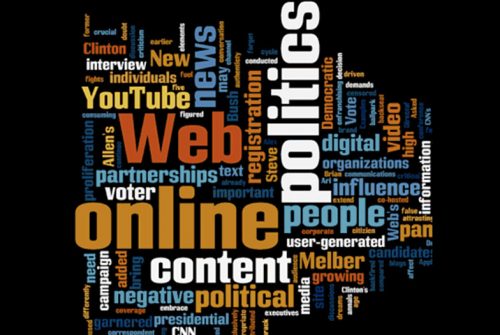The Poverty of a Universal Basic Income
8 March 2018 | Written by Andrea Zorzetto

Artificial intelligence is drastically changing the world of work, in the future many professions will disappear. Can Universal Basic Income (UBI) be a solution to prevent inequality and social conflict?
It may seem like a contradiction that visionaries and innovators like Mark Zuckerberg and Jeff Bezos, who make extensive use of Artificial Intelligence and automation in their businesses and who tend to operate in a globalized world often without clear fiscal rules, ask the American government to guarantee a universal income to every citizen, to solve the problem of so-called technological unemployment.
However, it is not only Facebook’s and Amazon’s CEOs who are pushing for a universal basic income, the idea counts many other supporters. The solution, in fact, is proposed both by the left, of various Western countries, including a possible Democratic challenger of Trump in 2020, with the aim of fighting increasing inequalities, both by numerous exponents of the liberal right, who instead sees it as a way to dismantle the welfare state. Until a few years ago, however, those who talked about universal basic income, like Professor Guy Standing, were relegated to the margins of public debate. Only recently, thanks to the menace of mass unemployment caused by technological changes, basic income has been placed to the center of the debate.
In the current situation it is difficult to believe such disturbing scenarios. Fears of this kind are common in the history of capitalism, but analyzing history it is easy to discover that every industrial revolution has, till today, created new jobs, often better ones, that have replaced old ones. A research by McKinsey, for example, shows that even the Internet He has created more jobs than it has destroyed. Not only countries like the United States are close to total employment, but also several companies in Germany and Japan are struggling to find qualified employees, also due to the aging of the population. The problem, therefore, seems to be not the lack of jobs, but the short time available to teach the population the skills necessary to cover the new roles that are created by the fourth industrial revolution.
In this context, a universal basic income could cause higher inflation, while it is not clear why, as requested in America, the State should concentrate its limited fiscal resources to give a check also to the richer (the basic income, in fact, would affect all citizens, regardless of their income or their economic availability).
In a near future, however, the situation could change, reversing for the first time the axiom “new technologies = new jobs”. There are many signs that indicate that the change taking place, this time, is really different. The reason is soon clear: artificial intelligence will soon be able to replace most of the functions that today are up to humans. As Martin Ford explains, automation no longer concerns only the manufacturing sector; jobs until yesterday considered safe and highly qualified, like the radiologist and the financial operator, could disappear within a few years. Digital is already creating what Andrew McAfee and Erik Brynjolfsson call “the economy of superstars”, a system where most people are forced to work more precarious and less paid, while privileged few people enjoy extraordinary gains.
If this is the future, redistribute the wealth that robots create, to guarantee a universal basic income to the unemployed citizens, is the only solution? In my opinion, thinking in these terms is dangerous, for at least three reasons. From an ideological point of view, universal basic income is equivalent to a state almsgiving system that leads to the end of social mobility. It would be only a patch put on a broken system, a system where the American dream is only a distant memory and in which a new aristocracy dominates and lives on private income.
Also from a moral point of view, universal basic income would be harmful, because it would strongly affect the value of work, which, having always been the source of sustenance for man, has a strong intrinsic value. It assures every person both the psychological well-being, through a sense of accomplishment, and the sociological one; in fact, the social status derives mainly from employment.
Finally, there is also a political factor, usually ignored by the public debate. Democracies can exist even if rates of inequality are relatively high, but not if almost all wealth is concentrated in the hands of 1%, or even 0.1%, of the population. Universal basic income, therefore, could contribute to the state redistribution of wealth, but history teaches us that, in the presence of such centralized wealth, it would create an economic oligarchy so powerful to directly control the State. After all, if most people are “useless”, why should the elite worry about them? Above all if, as is likely, these two social classes find themselves living isolated from each other, without any sense of belonging to the same community.
To avoid falling into this dystopian scenario, and not find ourselves forced to adopt basic income to try to make the society we live in more “human”, I believe we can work to create a system in which companies see the technology as a complement to human labor, and not as a mere substitute.
Instead of surrendering to the end of the middle class, I think that we have to go back to social mobility, which means, first of all, to make sure that for the “superstars” (especially big digital platforms) it is not too easy to stay anchored forever to the top of the pyramid.




